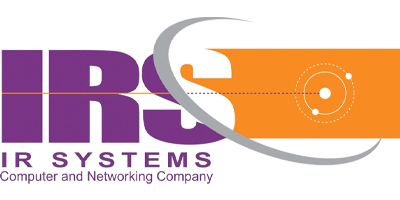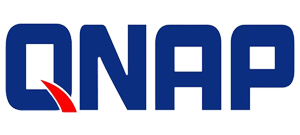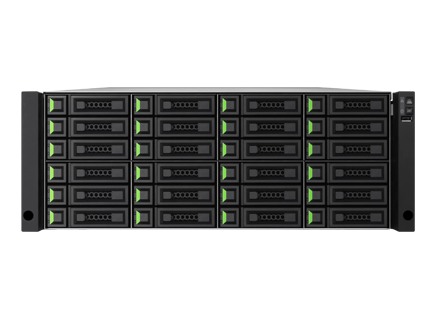In the vast expanse of the digital universe, where information sprawls across countless websites, databases, and archives, finding what we need can feel like searching for a needle in a haystack. This is where Information Retrieval (IR) systems come into play, empowering us to sift through this digital haystack efficiently and effectively. At the heart of this technological marvel lies IRSPK, a potent tool that revolutionizes the way we access and harness information.
Understanding Information Retrieval (IR)
Before diving into the intricacies of IRSPK, let’s explore the foundation upon which it stands: Information Retrieval (IR). IR is the process of obtaining information from a vast collection of data, often with the assistance of computer systems. It involves searching, filtering, and retrieving relevant information based on user queries or requirements. In essence, IR enables us to transform raw data into meaningful insights, fueling innovation, decision-making, and discovery across various domains.
Unveiling the Power of IRSPK
IRSPK, or Intelligent Retrieval System Powered by Keywords, represents the cutting-edge evolution of traditional IR systems. By harnessing the power of advanced algorithms, machine learning, and natural language processing, IRSPK goes beyond keyword matching to deliver more nuanced and contextually relevant results. Let’s delve into how IRSPK enhances the information retrieval experience:
Precision and Accuracy:
Our system is engineered to understand not only the explicit keywords in a query but also the underlying intent behind them. Through semantic analysis and entity recognition, it discerns the context of the search, ensuring that the retrieved results closely align with the user’s requirements.
Personalization:
Recognizing that each user is unique, this system leverages user preferences, browsing history, and behavior patterns to tailor search results accordingly. By personalizing the retrieval process, we deliver a curated experience that resonates with individual users, fostering greater engagement and satisfaction.
Multimodal Search:
In today’s multimedia-rich landscape, information exists in various formats, including text, images, audio, and video. Our system is equipped with multimodal search capabilities, enabling users to explore diverse content types seamlessly. Whether it’s a scholarly article, a captivating image, or an insightful podcast, IRSPK ensures no stone is left unturned in the quest for information.
Challenges and Innovations
While IRSPK represents a leap forward in information retrieval technology, it’s not without its challenges. The ever-expanding volume of data, the nuances of human language, and the dynamic nature of user intent pose ongoing hurdles. However, we’re committed to addressing these challenges through continuous innovation and refinement.
Big Data Handling:
With the exponential growth of digital data, scalability is paramount. This system employs distributed computing frameworks and parallel processing techniques to handle vast datasets efficiently, ensuring rapid retrieval without compromising performance.
Natural Language Understanding:
Understanding the subtleties of human language is central to effective information retrieval. Through advanced natural language understanding models, our system interprets user queries with remarkable accuracy, accounting for synonyms, context shifts, and linguistic nuances.
Conclusion: Empowering Discovery and Insight
In the age of information abundance, the ability to navigate and extract value from vast datasets is more critical than ever. IRSPK stands at the forefront of this endeavor, revolutionizing the way we access, analyze, and leverage information. With its precision, personalization, and multimodal capabilities, IRSPK empowers us to unlock new realms of discovery, insight, and innovation. As we continue to push the boundaries of IR technology, we’re excited to embark on this journey of exploration and enlightenment together.






